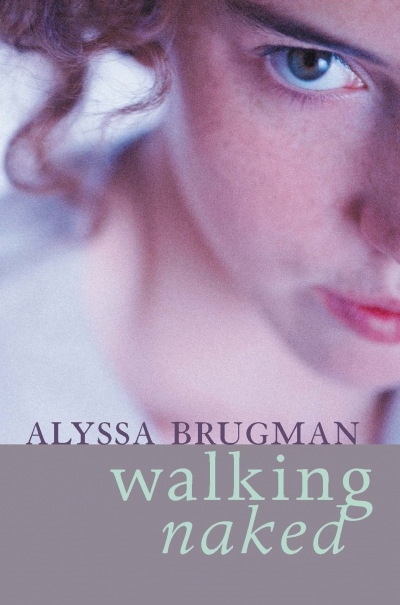Leonie Norrington
Girls like books about friends and relationships. Boys like books about explosions and sport. Right? Like any generalisation based solely on gender, the answers are, invariably, ‘yes’; ‘sometimes’; ‘up to a point’ and ‘of course not’. This latest grab bag of junior fiction contains its fair share of ‘girlie’ books about friendship and ‘boyish’ books about sport. Thankfully, there are also some books to cater for other sections of the spectrum, including sensitive explorations of boys’ friendships and robust girls who trek up mountains.
Meg McKinlay’s Annabel Again (Walker, $14.95 pb, 143 pp, 9781921150104) lands us squarely in girlie territory. When Livvy’s best friend moves away, her world folds. With the best of intentions, her New Age mother hatches a plan to help Livvy forget about Annabel, as quickly as possible. But one year later, Annabel returns and Livvy believes things will be just the same again. But Annabel is distant and hostile, and nothing is the same. Can their friendship be resurrected? This book covers familiar ground, but the treatment of the girls’ friendships is refreshingly angst-free. This is a quick, humorous read that highlights both the strength and delicacy of friendship, and offers some sound advice about when not to listen to your mother.
... (read more)
